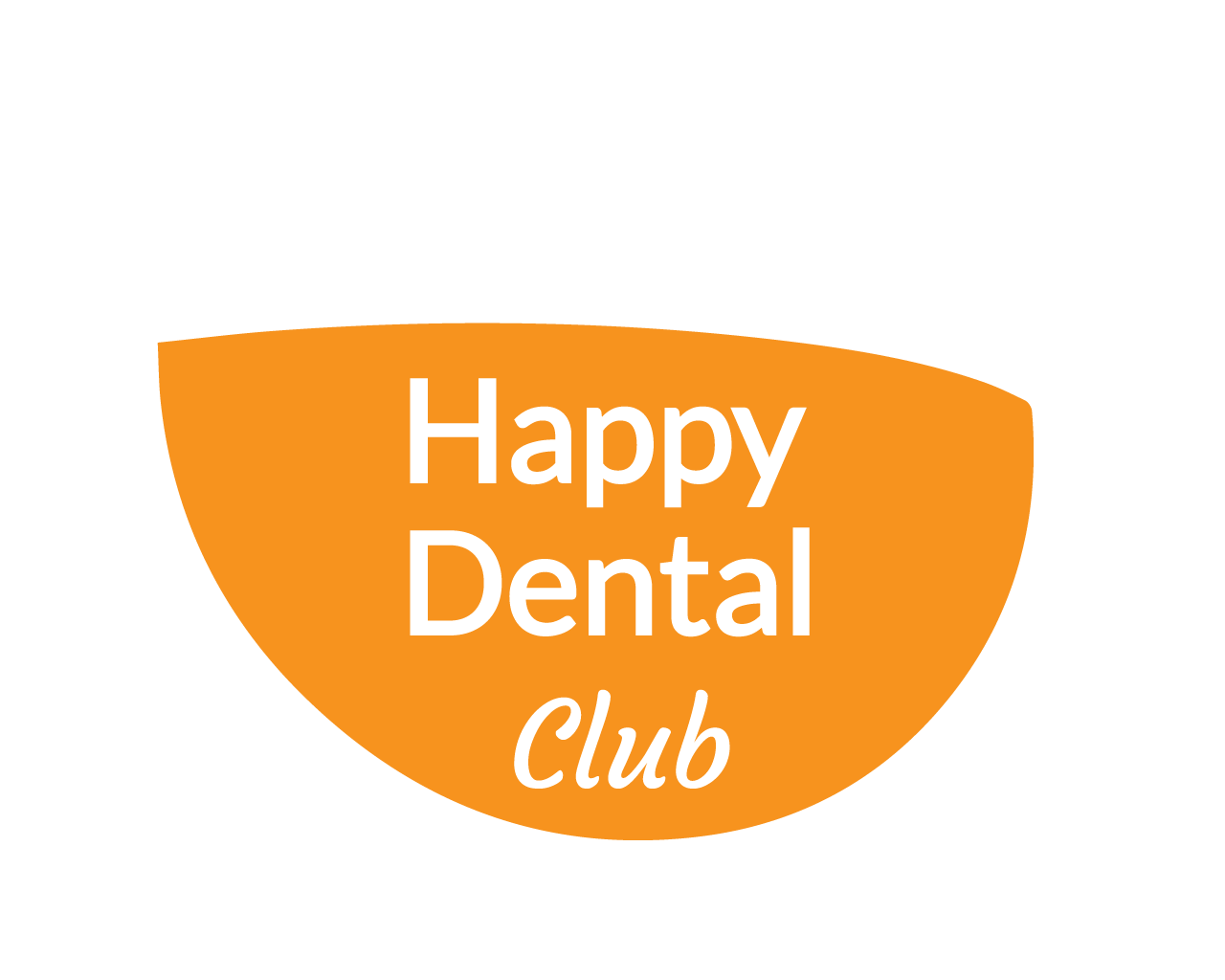Wisdom Teeth: What You Need to Know
Wisdom teeth are a common topic of discussion when it comes to oral health. These molars are the last set of teeth to grow in and can cause problems if not properly cared for. In this article, we will explore what wisdom teeth are, when they grow in, problems associated with them, removal options, and home care tips after extraction.
What are Wisdom Teeth?
Wisdom teeth are the third set of molars that typically grow in between the ages of 17 and 25. They are located at the back of the mouth, behind the second molars. Most people have four wisdom teeth, but some may have fewer or none at all. The reason they are called “wisdom teeth” is because they usually appear during a person’s late teens or early twenties, when they are transitioning into adulthood and gaining more knowledge.
When Do Wisdom Teeth Grow In?
Wisdom teeth usually start to emerge between the ages of 17 and 25. Signs and symptoms of emerging wisdom teeth include pain or discomfort in the back of the mouth, swelling, and redness of the gums.
Problems Associated with Wisdom Teeth Crowding:
Wisdom teeth can cause overcrowding in the mouth, leading to misalignment and bite problems. Impacted Wisdom Teeth: When there is not enough space for the teeth to emerge fully, they can become impacted, causing pain, infection, and damage to neighboring teeth. Gum Disease: Wisdom teeth can also increase the risk of gum disease as they are harder to clean due to their location. cavities: Wisdom teeth are prone to cavities as they are difficult to reach and clean properly.
Removal of Wisdom Teeth Indications for Wisdom Teeth Removal:
Wisdom teeth may need to be removed if they are causing problems like crowding or impaction, or if they are at risk for future issues. Surgical Techniques for Wisdom Teeth Removal: There are two types of wisdom teeth removal procedures: simple extraction and surgical extraction. Simple extraction is used for fully emerged teeth, while surgical extraction is used for impacted or partially erupted teeth. Risks and Complications of Wisdom Teeth Removal: Risks associated with wisdom teeth removal include bleeding, infection, and nerve damage.
Home Care Tips After Wisdom Teeth Extraction Pain Management:
Over-the-counter pain relievers can help manage pain and discomfort after surgery. Diet Modification: Stick to soft foods and avoid hot, spicy, or crunchy foods for the first few days after surgery. Oral Hygiene: Gently rinse your mouth with warm salt water and avoid brushing the surgical site for the first day.
FAQs:
Who needs their wisdom teeth removed?
Wisdom teeth may need to be removed if they are causing problems like crowding or impaction, or if they are at risk for future issues.
Is wisdom teeth removal painful?
Some pain and discomfort is normal after wisdom teeth removal, but this can be managed with over-the-counter pain relievers.
Can I eat normally after wisdom teeth removal?
It is best to stick to soft foods and avoid hot, spicy, or crunchy foods for the first few days after surgery.
What are the risks of wisdom teeth removal?
Risks associated with wisdom teeth removal include bleeding, infection, and nerve damage.
How do I take care of my mouth after wisdom teeth removal?
Gently rinse your mouth with warm salt water and avoid brushing the surgical site for the first day.

